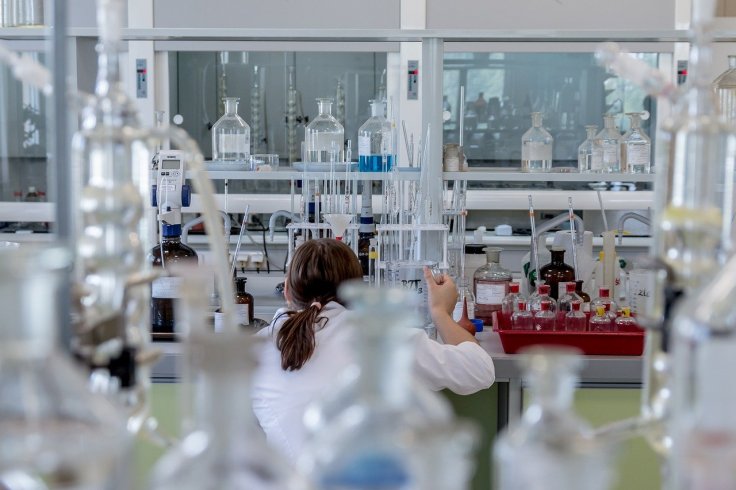In the coming decade, space agencies and private space companies like SpaceX are planning to build a base on Moon and Mars. While scientists are already building rockets for the journey, for long-term human settlements on either of them, astronauts will need fuel to carry out daily activities. Many have already proposed hydrogen as a possible solution. But a group of scientists is working on converting carbon dioxide (CO2) from the atmosphere to synthetic jet fuel. As Mars is rich in CO2 (around 96%) and lunar regoliths have a high concentration of carbon dioxide, it offers a possible solution.
For now, though, the team of scientists at Oxford University is focusing on making jet fuel for the aviation industry. As the aviation industry contributes over 900 million tons of CO2 every year, to battle climate change, it is necessary to turn the tides and make sure it leans towards carbon neutral. The other aspect is that fossil fuel is a non-renewable resource, meaning by some point in time, the world will run out of gasoline. Hence, it is important to focus on different forms of fuel.
So far aviation scientists have tried to use different other energy sources like electricity to fly. But such flights are limited to short distances. For long-distance flights, there is no alternative yet. "It's viewed as part of a suite of approaches to mitigate climate change. It won't be the end, won't be the final story, there will be many other things and it might be a bridging technology as well," Professor Chemistry Shane Telfer from the Massey University told News Hub NZ.

CO2 to Jet Fuel
The concept of converting CO2 into jet fuel is not new. As fossil fuel burns, it breaks down and emits CO2 gas into the atmosphere. Hence many scientists have been trying to find a way to convert atmospheric CO2 into ethanol (jet fuel). What Oxford researchers propose is adding a cheap iron-based catalyst and hydrogen that would convert it to ethanol, recycling the atmospheric CO2 into ethanol. As the process would not involve extracting fossil fuel, it will make the industry carbon neutral. The study result was published in the journal Nature Communications.
Previously, other similar methods had to rely on expensive catalysts like cobalt to start the chemical reaction. Now, the Oxford researchers proposed using an inexpensive iron-based catalyst. As the catalyst is placed in a reaction chamber alongside CO2 and hydrogen gas, the process separates the carbon molecules and attach to hydrogen to form a hydrocarbon molecule or jet fuel. The rest of it turns into water.
The researchers tested the new catalyst in a small reaction chamber at 300° Celsius and at 10 times the air pressure at sea level. The entire process took 20 hours and converted 38 percent of CO2 into new chemicals. About 48 percent of that was ethanol or jet fuel hydrocarbon and the rest were other by-products such as ethylene and propylene that are used in the production of plastic, Science News reported.

Professor Peter Edwards, one of the lead scientists in the project, said the new method could be scaled up in two to three years to produce jet fuel in large quantities to make it economically viable.
"This is a really exciting, potentially revolutionary advance, the most important advance in my four-decade career. Our vision is that the world can see that captured CO2 can be used as an energy carrier to enable sustainable aviation. With government support this would provide the stimulus to grow a new UK synthetic aviation fuel manufacturing industry," he said adding that his team was in discussion with the UK industries to set up a pilot plant.
Other Similar Projects
The Oxford University project is not the only one that is trying to convert CO2 into fuel. Eight other companies are also working on similar projects. A Swiss company is building a facility to capture CO2 from the atmosphere while a New Zealand start-up named Lanzatech has adopted a different method to convert industrial waste gas into ethanol. Virgin Airline's biofuel flight was partially powered by Lanzatech's fuel.
If the Oxford University project can be scaled up, it could attract Elon Musk's attention. A similar method can be used to produce water and fuel enough to light a colony on Mars and Moon.









